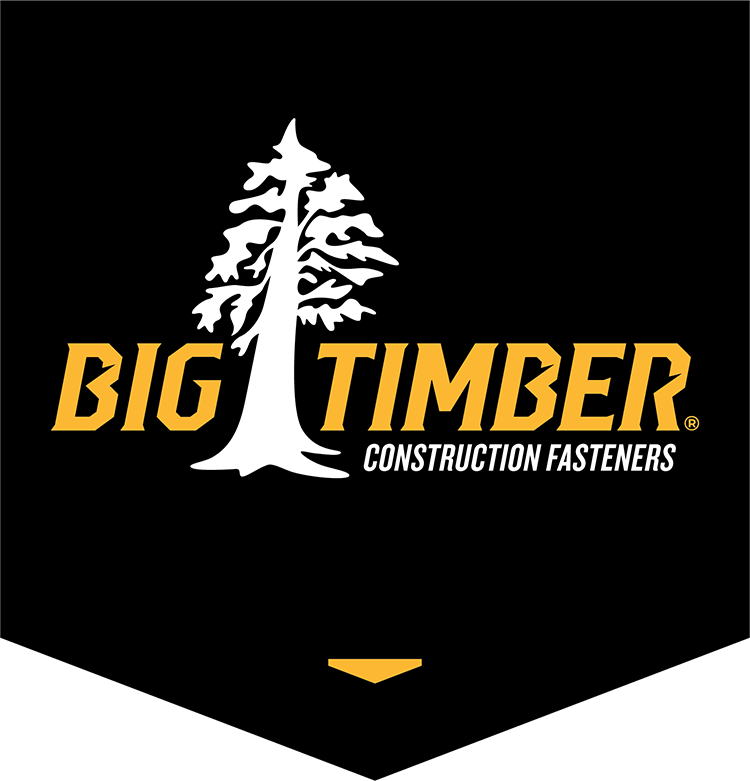When you’re walking down a hardware aisle, you may notice that a lot of the boxes are covered in labels, stamps, and other codes. You might’ve found yourself wondering, why are certified fasteners essential?
Every certification and technical claim verifies the promise of performance, compatibility, and safety. And in Episode 7 of Big Timber’s Screw 101 series, we’re here to help you decode them all.
One of the key topics we tackle is ACQ-treated lumber compatibility. ACQ (Alkaline Copper Quaternary) is a common preservative treatment used in outdoor and ground-contact lumber. While it extends the life of the wood, it’s also highly corrosive to unprotected metal. That’s why any screw used in these applications must be certified as ACQ-compatible—or you risk premature rusting, weakened connections, and potential structural failure.
In this episode, we explain what to look for on the label to ensure your fasteners won’t corrode when paired with pressure-treated wood. We also dive into salt spray testing, a laboratory procedure used to simulate long-term exposure to harsh weather and corrosive environments.
Perhaps most critical for builders and structural applications are the Technical Evaluation Report Summary (TERS) and load-rated certifications that speak to a fastener’s mechanical performance. TERS and other third-party engineering standards validate that a screw has been tested for things like shear strength, withdrawal resistance, and load-bearing capacity. At Big Timber Construction Fasteners, we provide 3rd party certified fasteners, certified with DrJ, so you know your building to code.
If you’re using screws for deck ledger boards, structural framing, or other high-load situations, these certifications aren’t just paperwork, they’re your assurance that the fastener will hold up under pressure, literally.
Master the Parts of a Screw—and the Job Site!
At Big Timber, we believe that understanding the technical side of construction grade fasteners doesn’t have to be intimidating. In fact, it’s one of the smartest ways to build stronger, safer, and longer-lasting projects. From parts of a screw and coating types to structural certifications, the Screw 101 series is here to turn technical talk into clear, practical knowledge.
Catch the full Screw 101 video series here.
Follow us on Instagram, Facebook, or LinkedIn for more fastener tips, tricks, and inspiration!


